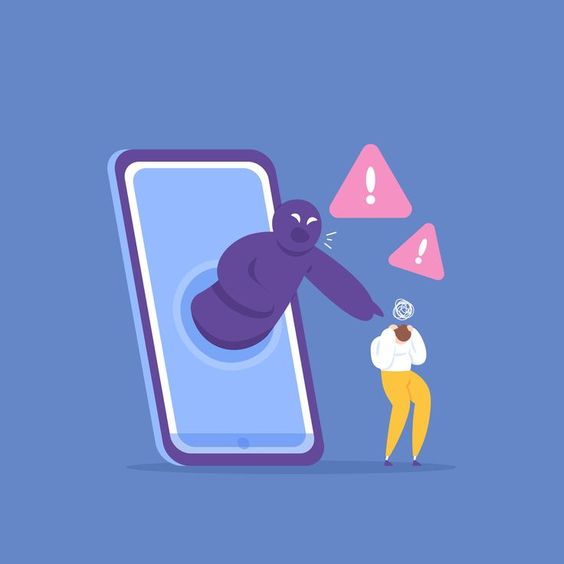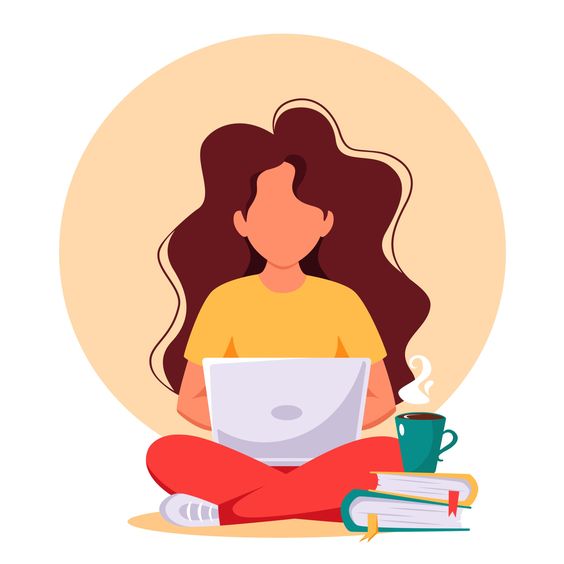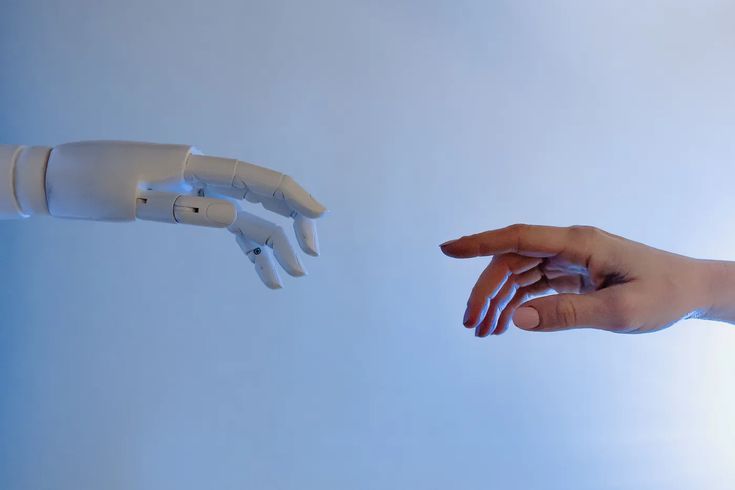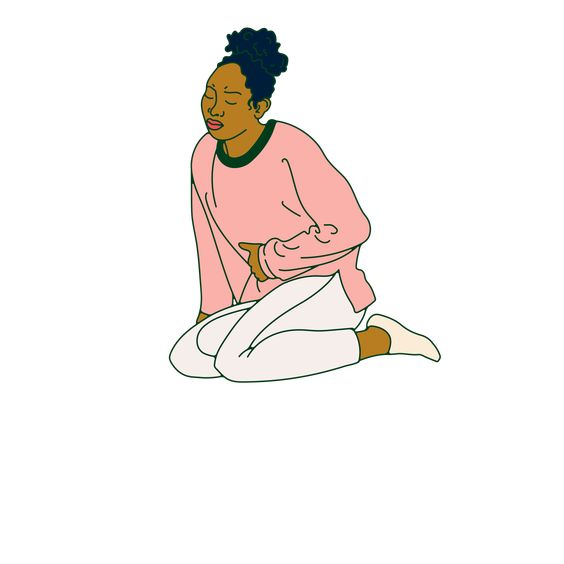Many of us have welcomed the rise of social media platforms on the internet and this has provided the opportunity to be more connected than ever before. Over 100 million photos are shared on social media every day, but given how easy it is to edit photos, most of the time we feel under pressure to create the best impression we can of our lives online.

“The internet isn’t real life”
There’s a recent research that claims that one-fifth of Gen Z create fake personalities to appear with on social media, while 55 percent post fake content online for their lives to seem more interesting. Let’s always remember that not every thing we see on the internet is true, that people would only share their success and happy moments not post their failures or their imperfections. However, somehow paradoxically, it’s also been found that 58 percent of this generation see social media is the only place they can truly be themselves.
Spending lots of time on the internet will start to affect the user’s mental health, we start to compare our lives to the ones we see online, thus it will create this false illusion that our lives is not ideal, whereas there is no such thing as “a perfect life”.
All these discussions about being yourself on social media take issue with the idea that we alter our realities when we know we’re being perceived, but they seem to forget that we do this in real life too. Most of us would agree that we’re slightly different versions of ourselves depending on who we’re with, but few of us would suggest that this makes us inherently fake.

There’s something amiss in how this pursuit the best has played out on the internet. This is a philosophy where one insists everyone imagines a reality of being authentic and natural while looking perfect and polished. On the social media keeps everything to be documented and stored in some corner for it to be real. In the process, we unwittingly and unknowingly become more obsessed with the end result of perfection, rather than the insightful and promising process of self-betterment.
Internet Abuse
Long before phones and internet were found, teenagers used to be outside all the time, experiencing new things or admiring their surrounding environment. But now in the 21st century screen time have dramatically risen for children in their teen years.
Instead of being being outside soaking in the sun and vitamin D, they’re all indoors lying in their beds collecting germs and microbes. Spending a lot of time online ruins the excitement of trying new things considering that it alters the brain’s wiring. It is also an outstanding factor in causing depression, social anxiety, and bad social skill in kids, affecting them such early on in life as well as affecting their growth and personalities which will badly affect their adult life.
Try to encourage kids to spend more time out side and experiment with their hobbies, and try to join them on their adventures to increase serotine levels and cause you happiness.
Cyberbullying
Another major thing that really shows the person’s true colors is cyberbullying. Imagine this: you have a friend who’s nice in real life, however once they are hidden behind the safety of their screen, they become this whole other person who’s so inconsiderate to to hurting others, Sadly this phenomena is so common in recent times. Cyberbullying is one the main causes as to why people start faking their content to avoid having others hating on them. We can stop this by simply keeping our opinions to ourselves and only sharing love and words of encouragement. So let’s stop cyberbullying together! to learn more about cyberbullying and ways to prevent it: https://www.unicef.org/end-violence/how-to-stop-cyberbullying














